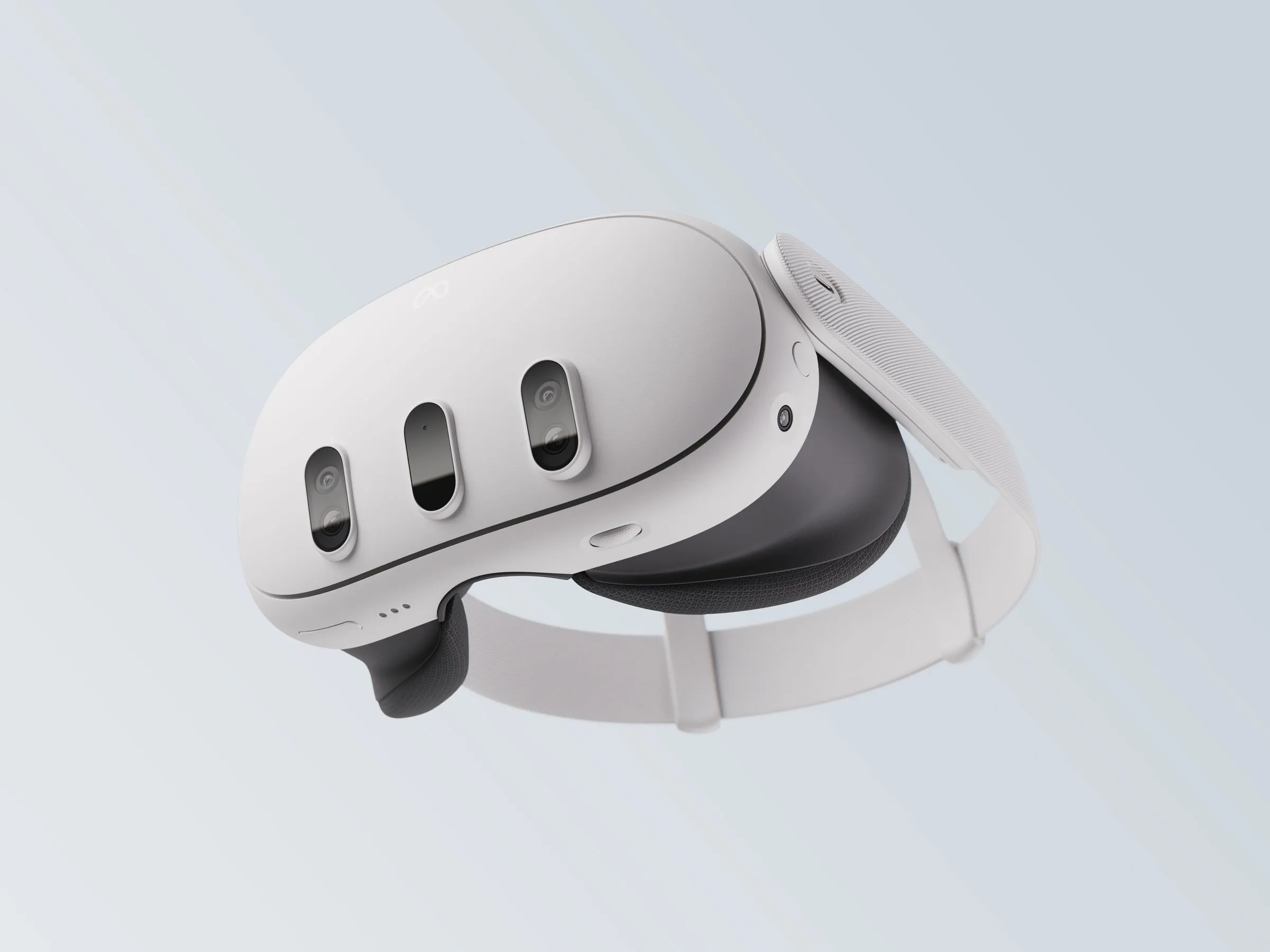In a significant turn of events, Meta, formerly known as Facebook, has declined a proposal from Google aimed at forming a partnership within the realm of virtual reality (VR). This decision underscores the competitive landscape of the tech industry, especially in the burgeoning field of VR and augmented reality (AR).
Key Highlights:
- Meta focuses on advancing its VR and AR technologies independently.
- Google’s proposal for a tie-up in virtual reality was rebuffed by Meta.
- Meta aims to solidify its position as a leader in the VR and AR market.
Meta’s roadmap for AR and VR products until 2027 was leaked, revealing the company’s ambitious plans for the future of mixed reality experiences. This includes the anticipated unveiling of the Meta Quest 3 headset, which features mixed reality capabilities. Despite the potential for collaboration, Meta has chosen to pursue its vision for the VR and AR market without tying up with Google.
The Competitive Landscape in VR and AR
Meta’s strategy has been clear: to become the Android of AR/VR with affordable headsets like the Meta Quest 3. This approach underscores Meta’s commitment to leading the VR and AR space by making it accessible to a wider audience. The company’s recent unveiling of the Quest Pro VR headset, designed for both work and play, further demonstrates its intent to dominate this market by offering advanced technology and forming strategic partnerships with other tech giants like Microsoft and Accenture.
Legal and Market Dynamics
Meta’s activities have not been without controversy. The company faced legal challenges from the FTC regarding its acquisitions in the VR space, highlighting the competitive and closely watched nature of the industry. Despite these challenges, Meta has continued to innovate and expand its VR offerings, emphasizing fitness apps and workplace tools, which have become increasingly popular in the VR ecosystem.
Virtual Reality Technology Developments:
An in-depth look at the latest VR technologies, including hardware advancements, software innovations, and user experience improvements. This could include analysis of new headset features, motion tracking technologies, and immersive content creation tools.
Market Dynamics and Competition:
A comprehensive analysis of the VR market, focusing on key players, market share, emerging trends, and the strategic moves of companies like Meta, Google, and others. This could cover partnerships, acquisitions, and investments that are shaping the future of the VR industry.
Meta’s Future in VR and AR
Looking ahead, Meta’s leaked product roadmap indicates a series of ambitious AR and VR projects leading up to 2027. This includes the development of AR glasses and continued enhancements to the Quest line of VR headsets. By rejecting Google’s proposal, Meta seems to be signaling its confidence in its roadmap and its ability to compete independently in the fast-evolving VR and AR markets.
Meta’s decision to rebuff Google’s virtual reality tie-up proposal reflects a strategic choice to maintain control over its technological advancements and market positioning. In the rapidly growing VR and AR sectors, collaborations can offer mutual benefits, but they also come with the risk of diluting a company’s brand and innovation trajectory. Meta’s focus on developing its proprietary technology and forming selective partnerships, as seen with Microsoft and Accenture, suggests a commitment to leading the VR and AR space through innovation and strategic market plays. As the landscape of virtual and augmented reality continues to evolve, Meta’s independent path forward will be closely watched by industry observers and competitors alike.



















